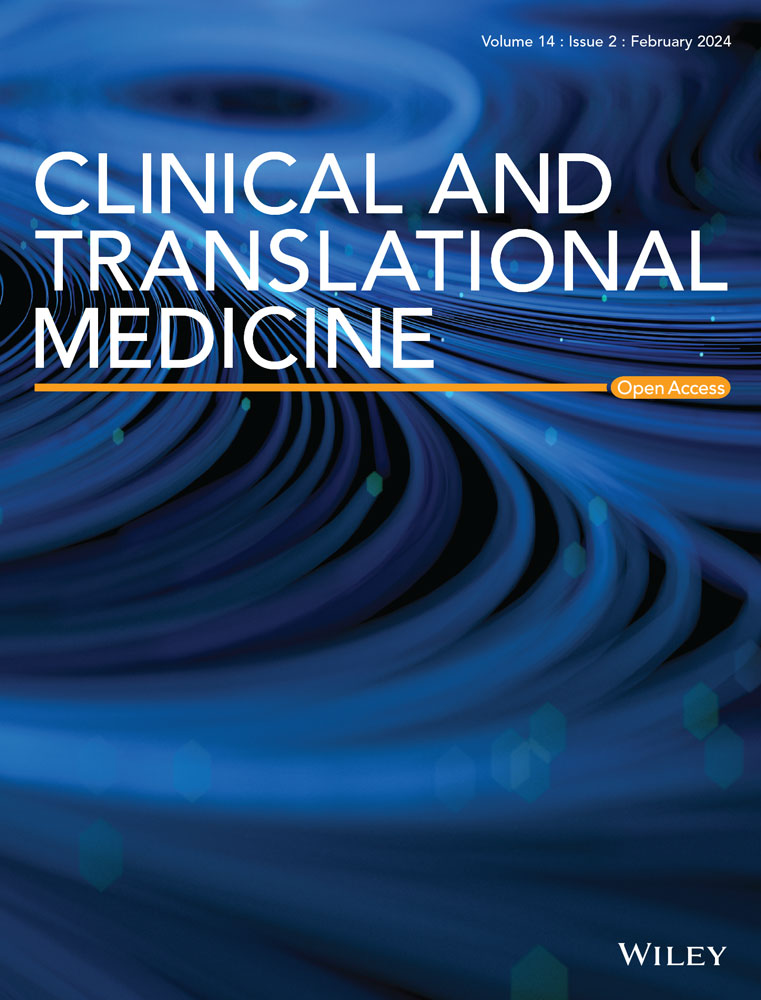RECQL4 affects MHC class II-mediated signalling and favours an immune-evasive signature that limits response to immune checkpoint inhibitor therapy in patients with malignant melanoma
Abstract
Background
Cancer immunotherapy has transformed metastatic cancer treatment, yet challenges persist regarding therapeutic efficacy. RECQL4, a RecQ-like helicase, plays a central role in DNA replication and repair as part of the DNA damage response, a pathway implicated in enhancing efficacy of immune checkpoint inhibitor (ICI) therapies. However, its role in patient response to ICI remains unclear.
Methods
We analysed whole exome and bulk RNA sequencing data from a pan-cancer cohort of 25 775 patients and cutaneous melanoma cohorts (untreated: n = 471, anti-progressive disease [PD]-1 treated: n = 212). RECQL4 copy number variations and expression levels were assessed for patient outcomes. We performed gene set enrichment analysis to identify RECQL4-dependent signalling pathways and explored the association between RECQL4 levels and immunoscores. We evaluated the interplay of ICI response and RECQL4 expression in melanoma cohorts of 95 responders and 85 non-responders prior to and after ICI-targeted therapy and tested the prognostic power of RECQL4. Finally, we generated genetically engineered RECQL4 variants and conducted comprehensive multi-omic profiling, employing techniques such as liquid chromatography with tandem mass spectrometry, to elucidate mechanistic insights.
Results
We identified RECQL4 as a critical negative regulator of poor prognosis and response to ICI therapy, but also demonstrated its suitability as an independent biomarker in melanoma. High tumour purity and limited signatures of tumour immunogenicity associated with response to anti-PD-1 correlated with high RECQL4 activity. We found alterations in the secretion profile of immune regulatory factors and immune-related pathways robustly suppressed in tumours with high RECQL4 levels, underscoring its crucial role in fostering immune evasion. Mechanistically, we identified RECQL4-mediated regulation of major histocompatibility complex class II molecule expression and uncovered class II major histocompatibility complex transactivator as a mediator bridging this regulation.
Conclusions
Our findings unraveled the pivotal role of RECQL4 in immune modulation and its potential as both a predictive biomarker and therapeutic target for optimising immunotherapeutic strategies across various cancer types.
Highlights
-
High RECQL4 expression limits survival and can act as an independent prognostic factor in melanoma patients.
-
RECQL4 has the potential to act as a negative feedback mediator of immune checkpoint-targeted therapy by limiting signatures associated with therapeutic efficacy.
-
RECQL4 favours an immune-evasive phenotype by downregulating major histocompatibility complex class II molecules.


 求助内容:
求助内容: 应助结果提醒方式:
应助结果提醒方式:


